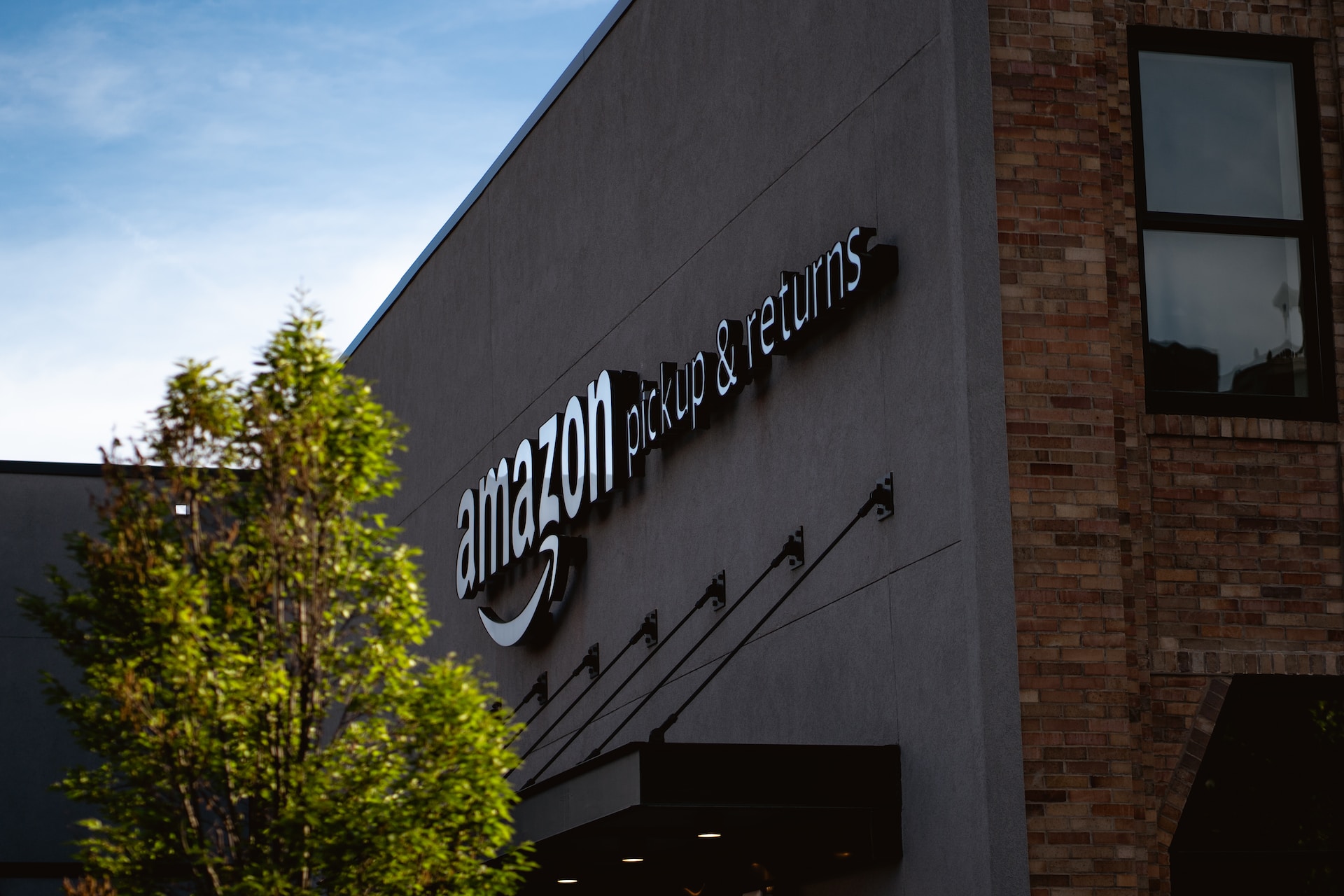Introduction
A game-changing decision by the UK antitrust authorities has led to a significant reduction in the spread of the Amazon-iRobot deal, cutting its scope almost in half. This decision, which grants antitrust approval, has reshaped the landscape of this highly anticipated business venture. In this article, we delve into the implications of the UK antitrust nod and its transformative effect on the Amazon-iRobot deal.
Overview of the Amazon-iRobot Deal
The proposed Amazon-iRobot deal aimed to forge a strategic partnership between two major players in their respective industries. Amazon, a global e-commerce behemoth, and iRobot, a leading provider of robotic technology, intended to collaborate on innovative solutions within the realm of home automation and robotics. This ambitious deal held the promise of revolutionizing the market and opening up new possibilities for consumers.
The UK Antitrust Approval Process
The UK antitrust approval process serves to ensure fair competition and safeguard consumer interests. It involves a meticulous examination of the potential impact that the proposed deal may have on market competition, pricing, and consumer choice. Various factors are considered during this approval process, including market share, market concentration, the potential for anti-competitive practices, and the overall effect on the competitive landscape.
Implications of the UK Antitrust Approval
The UK antitrust approval for the Amazon-iRobot deal has brought forth several noteworthy implications.
Significant Reduction in Market Presence
A pivotal outcome resulting from the antitrust approval is a substantial reduction in the market presence that the Amazon-iRobot deal would have otherwise attained. Regulatory authorities may have imposed specific conditions or restrictions to prevent an undue consolidation of market power within the home automation and robotics sector. This reduction serves to level the playing field for other market participants, fostering healthy competition and preventing monopolistic tendencies.
Preservation of Consumer Choice
Consumer choice is a central focus of the UK antitrust approval process. Consequently, the approved deal may have included provisions to promote and preserve enhanced consumer choice, thwarting potential monopolistic practices. By ensuring the availability of a diverse range of options and encouraging competition, consumers stand to benefit from a wider array of innovative products and services within the home automation and robotics market.
Maintenance of Competitive Market Dynamics
Antitrust approval is instrumental in maintaining competitive market dynamics by averting anti-competitive behavior. Regulatory authorities conduct a thorough evaluation of the potential impact of the deal on existing market players, potential barriers to entry, and the overall health of competition. The approval process may have implemented measures to sustain fair competition, thereby fostering innovation, affordability, and quality within the market.
Exploration of Collaborative Endeavors
While the UK antitrust approval may have imposed limitations on the extent of the Amazon-iRobot deal, it also creates opportunities for collaboration and partnerships. The approved agreement may still enable strategic cooperation between the two companies in specific areas that do not raise antitrust concerns. Such collaborative endeavors foster innovation and synergy between industry leaders, benefiting both companies and consumers alike.
Conclusion
The UK antitrust nod has triggered a game-changing decision, resulting in a significant reduction in the spread of the Amazon-iRobot deal, nearly halving its scope. While this reduction may curtail the extent of collaboration between Amazon and iRobot, it ensures a healthier competitive landscape, the preservation of consumer choice, and the maintenance of market competition. The approval process underscores the importance of regulatory oversight in cultivating fair and dynamic markets. As the realms of home automation and robotics continue to evolve, collaborative efforts within the confines of antitrust regulations can propel innovation and unlock new opportunities for industry players.











